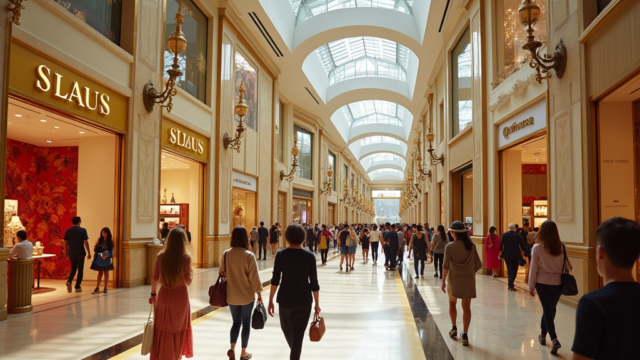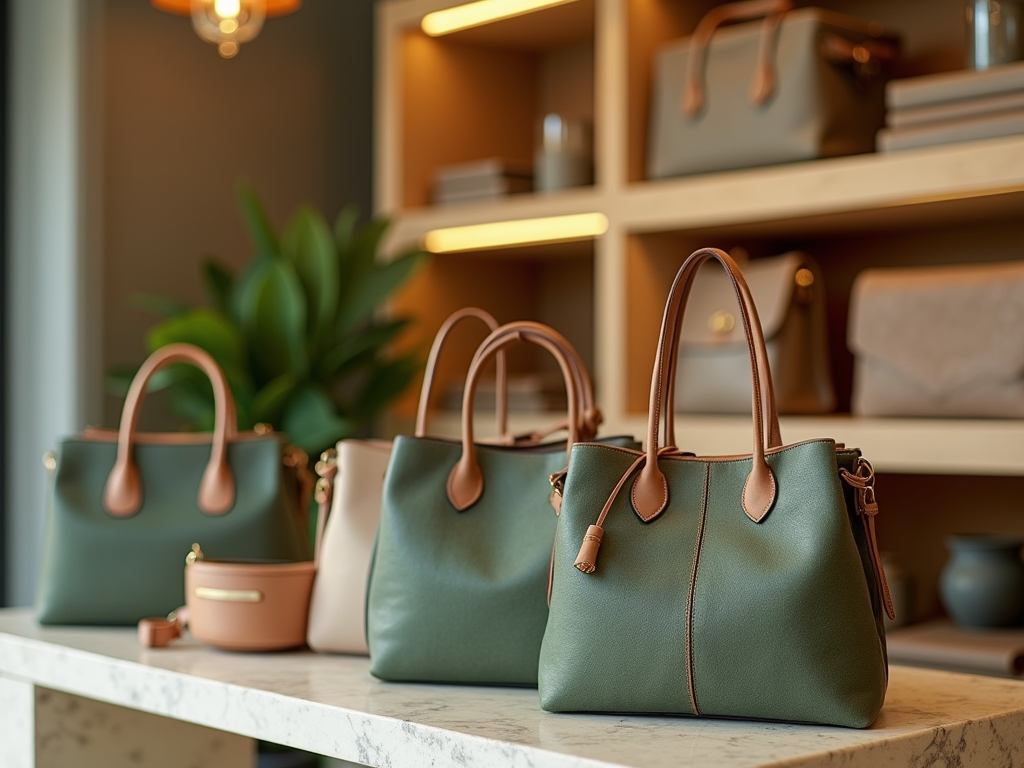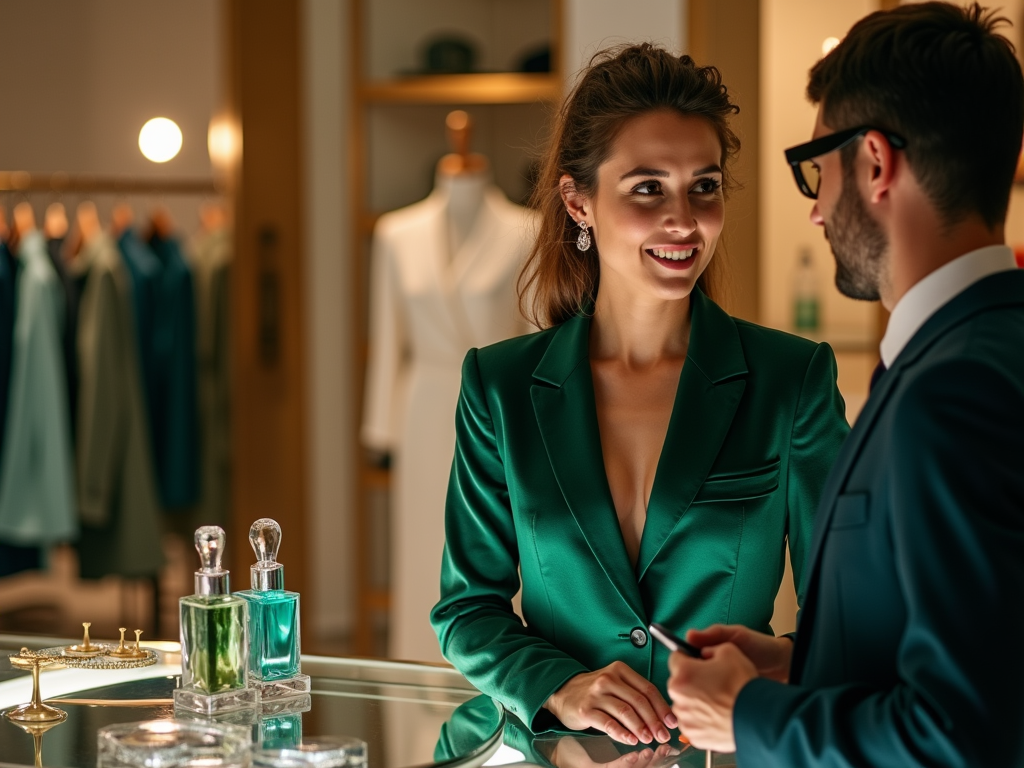Understanding Consumer Trends in Dubai’s Luxury Goods Market

The luxury goods market in Dubai is a vibrant and dynamic sector, underpinned by consumer demand that is continually evolving. This article delves into the factors shaping consumer trends in Dubai’s luxury segment, how cultural nuances influence purchasing behaviors, and the emerging preferences among affluent buyers. From the role of tourism in boosting sales to the increasing importance of sustainability, understanding these trends is crucial for brands looking to succeed in this competitive landscape. With global economic shifts and changing consumer values, luxury brands must stay ahead of these trends to engage effectively with their target audience.
The Role of Tourism in Dubai’s Luxury Market

Dubai’s luxury goods market thrives greatly on its status as a global tourism hub. Luxury shopping destinations such as the Dubai Mall and Mall of the Emirates attract millions of visitors each year, which positively impacts the sales of high-end brands. The interplay between affluent tourists and local consumers is significant, often skewing demand toward iconic luxury items. Understanding how these interactions influence purchasing decisions is essential for brands targeting consumers in Dubai. Some of the main aspects include:
- High spending power of tourists, particularly those from neighboring Gulf countries
- Unique shopping experiences that offer exclusivity and personalization
- The rise of pop-up stores and limited-time offers catering to seasonal demands
- Intentional marketing strategies aimed at engaging tourists
- The influence of social media and influencer marketing on luxury purchases
This synergy between tourism and local luxury consumption not only boosts sales but also cultivates brand loyalty among consumers who experience these high-end products firsthand.
Cultural Influences on Luxury Consumption

Understanding the cultural context of Dubai is essential for luxury brands aiming to resonate with local consumers. The UAE has a diverse demographic landscape, with a significant expatriate population influencing trends and preferences. As a result, luxury brand strategies must integrate cultural sensitivity to succeed. Important cultural influences include:
- The importance of family and social gatherings, which often result in shared purchases of luxury goods.
- Respect for tradition, where brands that honor local customs tend to gain favor among consumers.
- The significance of exclusivity; limited edition pieces often attract higher demand among affluent buyers.
- The shift toward a more modern lifestyle that prioritizes both comfort and luxury.
By appreciating these cultural dynamics, luxury brands can effectively tailor their offerings and marketing campaigns to engage Dubai’s consumers meaningfully.
Emerging Trends in Sustainable Luxury
With the rising consciousness around sustainability, luxury consumers in Dubai are becoming increasingly discerning about their purchases. The trend of sustainable luxury reflects a larger societal shift towards ethical consumption and responsible sourcing. This increasing interest has led brands to adapt their strategies in several ways, such as:
- Utilizing eco-friendly materials in product development
- Implementing transparent supply chains to assure customers of ethical practices
- Innovating circular models, including recycling and upcycling practices
- Promoting sustainable luxury brands that prioritize social and environmental impact
In this context, companies that communicate their commitment to sustainability can build stronger rapport with environmentally-conscious consumers seeking luxury without compromise.
The Digital Transformation of Luxury Shopping
The digital landscape is revolutionizing how consumers in Dubai access and purchase luxury goods. The rise of e-commerce has made it easier for affluent buyers to engage with brands online, seamlessly integrating the luxury shopping experience with technology. Key elements driving this digital transformation include:
- Enhanced online shopping experiences through personalized recommendations and virtual try-ons
- The utilization of augmented reality (AR) to create immersive brand interactions
- Social media platforms acting as vital channels for luxury brand marketing
- Influencer partnerships that amplify brand reach and reputation
As digital avenues continue to expand, luxury brands that invest in technology and offer an engaging online experience will likely capitalize on changing consumer preferences.
Conclusion
In summary, understanding consumer trends in Dubai’s luxury goods market requires a multifaceted approach that considers tourism, cultural influences, sustainability, and digital advancements. Brands aiming to thrive in this competitive landscape must be keen observers of evolving consumer preferences while adapting their strategies accordingly. With the right mix of innovation, cultural sensitivity, and personalization, luxury brands have the potential to build lasting connections with discerning Dubai consumers.
FAQ
1. What are the primary factors driving the luxury market in Dubai?Tourism, cultural diversity, high spending power, and the emergence of sustainable practices are primary factors driving the luxury market in Dubai.2. How does cultural diversity influence luxury consumption in Dubai?Cultural diversity influences luxury consumption by creating a blend of preferences that luxury brands must navigate. Understanding these cultural nuances ensures brands can resonate with both local and expatriate consumers.3. What role does sustainability play in Dubai’s luxury market?Sustainability plays a critical role as consumers increasingly prioritize ethical and environmentally friendly practices when purchasing luxury goods, pushing brands to adopt responsible sourcing and production practices.4. How has digital transformation affected luxury retail in Dubai?Digital transformation has made luxury retail more accessible through e-commerce, enhanced online shopping experiences, and personalized marketing, allowing brands to reach a broader audience.5. Which luxury brands are adapting well to consumer trends in Dubai?Brands such as Gucci, Louis Vuitton, and Dior are effectively adapting to consumer trends by focusing on exclusivity, sustainability, and combining their offerings with innovative retail technologies.

